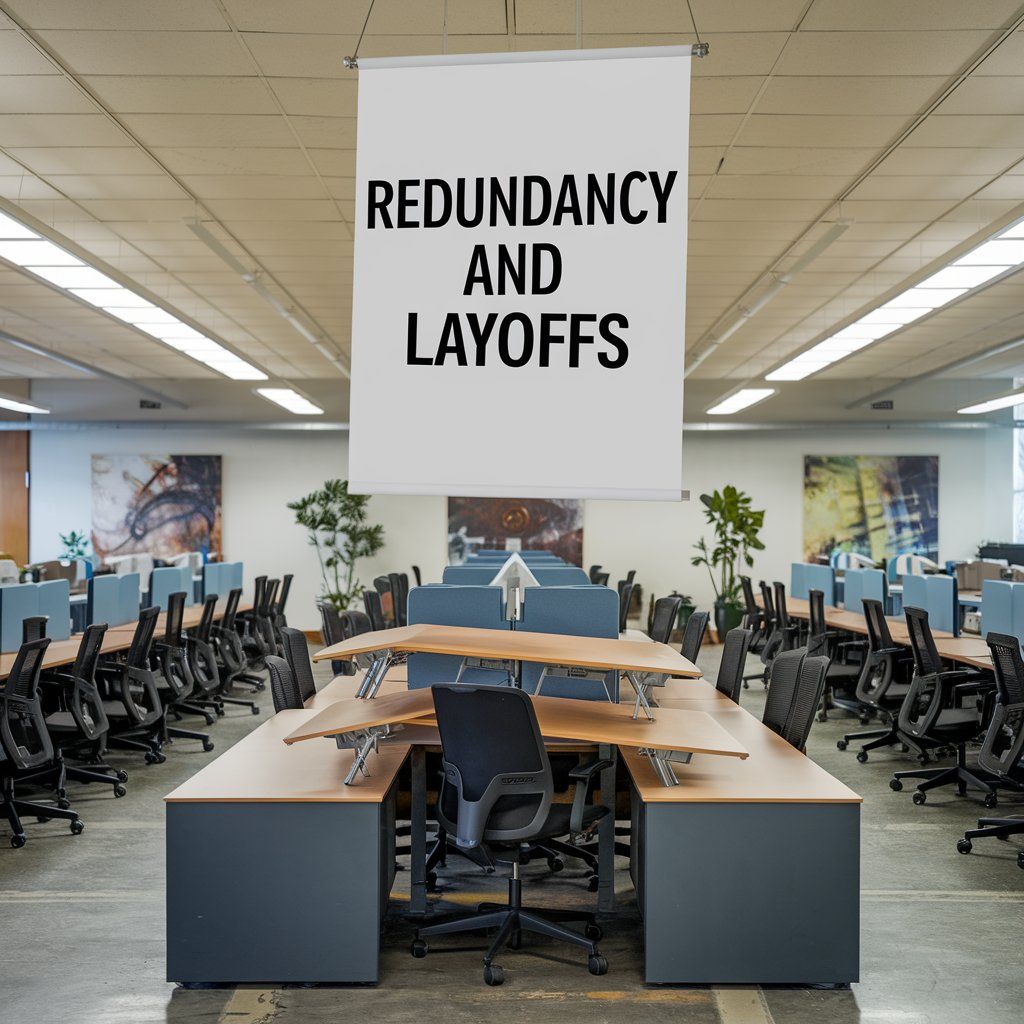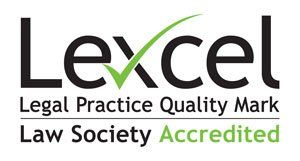Second Home Purchase: What You Need To Know
Purchasing a second home can be a fantastic investment, whether you’re looking for a holiday retreat, a buy-to-let property, or a place to retire. However, buying a second home comes with its own set of legal and financial considerations. Before you jump into the process, it’s important to understand the legalities involved to ensure a smooth transaction and avoid unexpected costs or complications.
In this blog, we’ll walk you through the key legal aspects of buying a second home in the UK, from additional taxes to legal obligations.
1. Understanding Stamp Duty for Second Homes
One of the most significant legal differences when buying a second home compared to a primary residence is the additional Stamp Duty Land Tax (SDLT). In the UK, purchasing a second property will incur a higher rate of SDLT, which applies to properties valued over £40,000.
As of 31st October 2024 and until the 31st of March 2025, the rates for second homes are as follows:
| Property or lease premium or transfer value | SDLT rate |
|---|---|
| Up to £250,000 | 5% |
| The next £675,000 (the portion from £250,001 to £925,000) | 10% |
| The next £575,000 (the portion from £925,001 to £1.5 million) | 15% |
| The remaining amount (the portion above £1.5 million) | 17% |
For example, if you buy a second home for £400,000, you’ll pay 5% on the first £250,000 and 10% on the remaining £150,000. This SDLT surcharge applies to any additional residential property, whether it’s a buy-to-let investment, a holiday home, or a city apartment.
The rates will further change from the 1st April 2025 in the following manner:
| Property or lease premium or transfer value | SDLT rate |
|---|---|
| Up to £125,000 | 5% |
| The next £125,000 (the portion from £125,001 to £250,000) | 7% |
| The next £675,000 (the portion from £250,001 to £925,000) | 10% |
| The next £575,000 (the portion from £925,001 to £1.5 million) | 15% |
| The remaining amount (the portion above £1.5 million) | 17% |
2. Financing Your Second Home Purchase
Most people rely on a mortgage to purchase a second home, but getting one may not be as straightforward as for a primary residence. Lenders often have stricter criteria for second homes, especially if you already have a mortgage on your first property. You’ll likely need a larger deposit—typically between 15% and 25% of the property’s value.
Mortgage options can vary depending on how you plan to use the second home. If you’re buying it as a rental property, you may need a buy-to-let mortgage, which usually has different terms and higher interest rates than a standard mortgage. If it’s a holiday home, lenders will want assurance that you can afford the repayments without relying on rental income.
3. Council Tax and Other Local Charges
If you own a second home, you’ll still be responsible for paying council tax on the property. However, some local authorities may offer discounts for second homes that aren’t used as a primary residence. On the flip side, in certain regions, especially in popular tourist destinations, councils have started applying higher rates of council tax to discourage the purchase of second homes that remain empty for long periods.
In addition to council tax, you should also budget for other ongoing costs such as:
- Utilities (even if the home is vacant for long stretches)
- Insurance (second homes may require specialist insurance policies)
- Maintenance and repairs
It’s important to consider these costs when deciding whether buying a second home is financially viable.
4. Rental Income and Tax Implications
If you plan to rent out your second home, either as a long-term let or a holiday rental, you’ll need to be aware of the tax implications. Rental income is taxable, and you’ll need to declare it to HM Revenue and Customs (HMRC).
You may also be liable for Capital Gains Tax (CGT) when you sell your second home. Unlike your primary residence, which benefits from Private Residence Relief, any profit made from the sale of a second home is taxable under CGT rules.
5. Legal Process of Buying a Second Home
The legal process of buying a second home is similar to purchasing a first home, but it’s important to work with a solicitor who is experienced in property transactions. Your solicitor will guide you through the following steps:
- Conveyancing: This is the legal transfer of property ownership from the seller to the buyer. Your solicitor will carry out local searches, check title deeds, and ensure there are no legal issues affecting the property (e.g., planning restrictions, access rights).
- Contracts: Your solicitor will draft and review contracts, ensuring everything is in order before you sign. Once contracts are exchanged, you are legally committed to the purchase.
- Completion: On completion day, your solicitor will arrange for the transfer of funds and ensure the property is legally transferred to your name.
Having an experienced solicitor ensures that any legal risks or complications are addressed before they become issues, giving you peace of mind during the purchase process.
6. Planning Permission and Building Regulations
If you plan to make significant alterations to your second home, such as an extension or loft conversion, you may need to obtain planning permission from the local council. Even minor changes, particularly in conservation areas, may require permission.
You must also ensure any work carried out meets Building Regulations standards, which cover the structural safety, energy efficiency, and accessibility of your property. Failing to comply with these regulations can result in fines or being ordered to undo the work.
7. Considerations for Holiday Homes
If your second home will be used primarily as a holiday home, there are some additional legal factors to consider. For example, some properties may have restrictive covenants preventing them from being used as holiday lets. Always check the property’s title deeds to ensure there are no limitations on how you can use the property.
Additionally, popular tourist areas may have planning restrictions that prevent properties from being used as holiday lets, so it’s crucial to check local regulations before making your purchase.
Final Thoughts
Buying a second home can be a rewarding investment, but it’s important to understand the legal obligations and financial responsibilities that come with it. From additional Stamp Duty to potential rental income taxes, the process requires careful consideration and planning.
At Pinkney Grunwells Lawyers LLP, our property law specialists are here to guide you through every step of the process. Whether you’re buying a second home for personal use or as an investment, we can provide expert legal advice to ensure a smooth and stress-free transaction.
Contact us today or visit one of our offices in Scarborough, Hunmanby, Bridlington, Driffield, or Whitby to discuss your second home purchase.
Contact Us
We will get back to you as soon as possible.
Please try again later.


Want more information?




